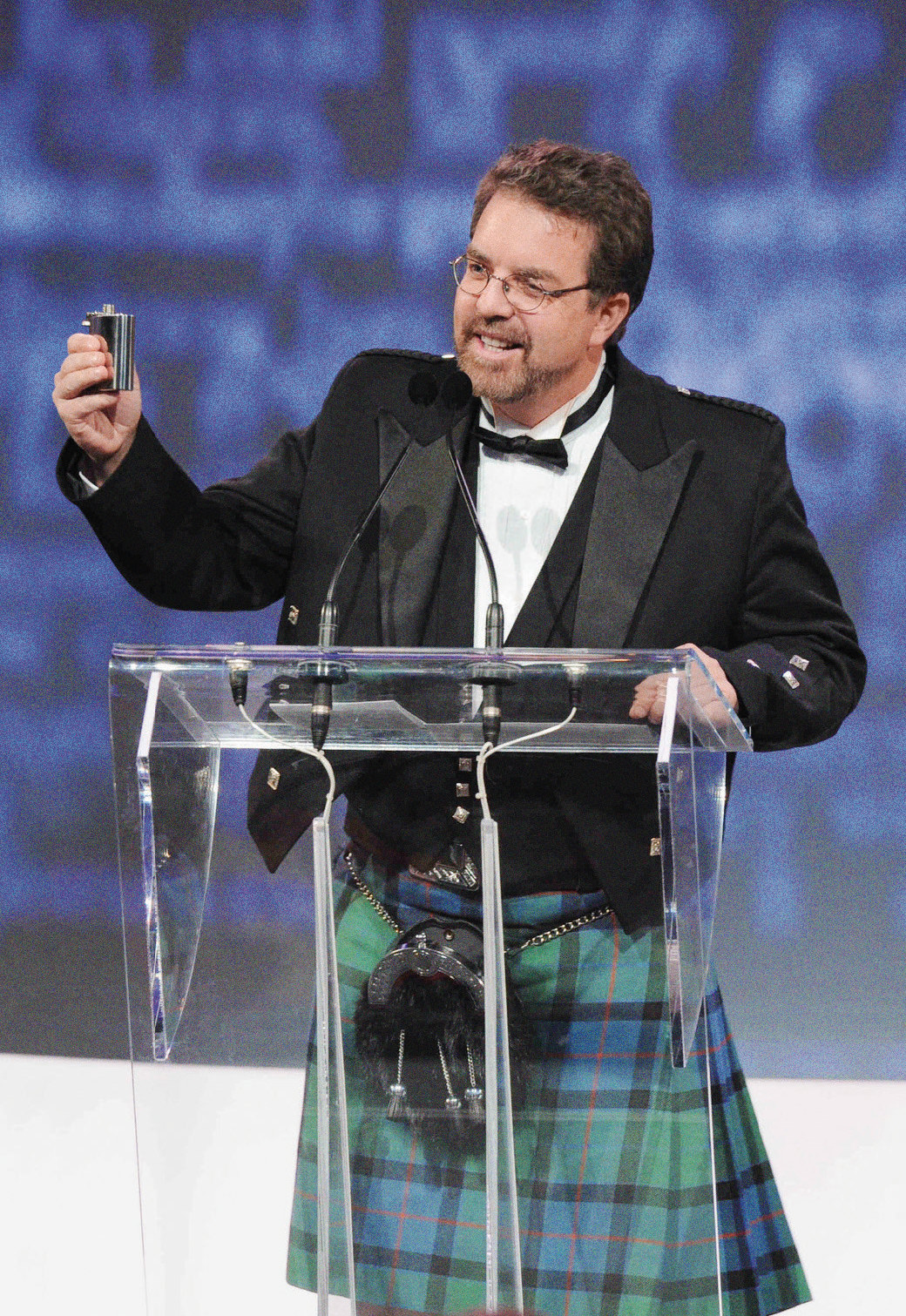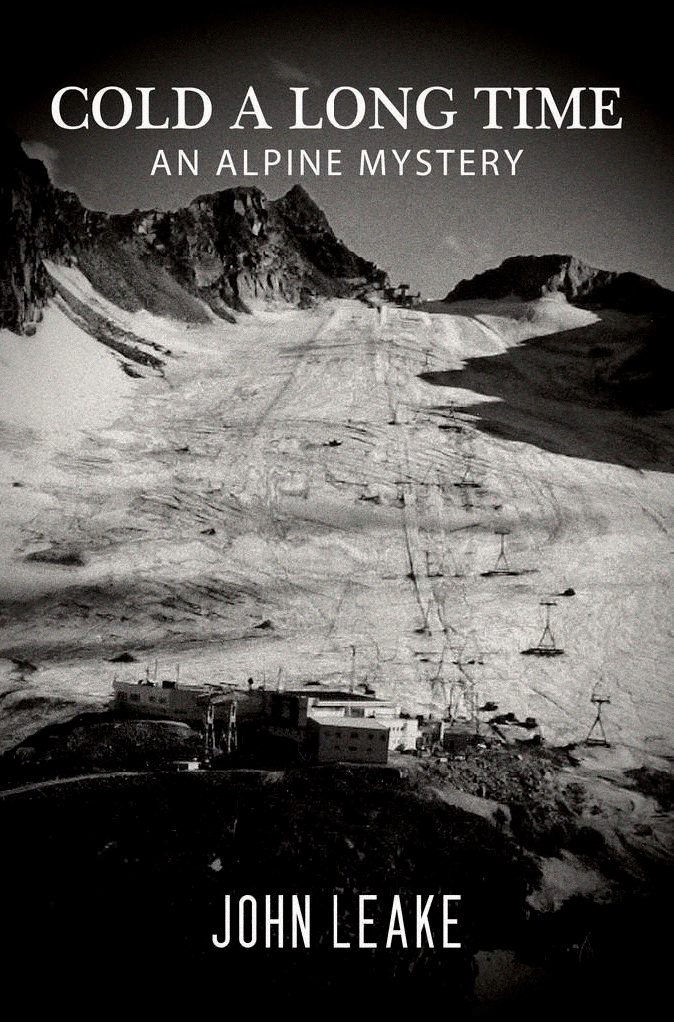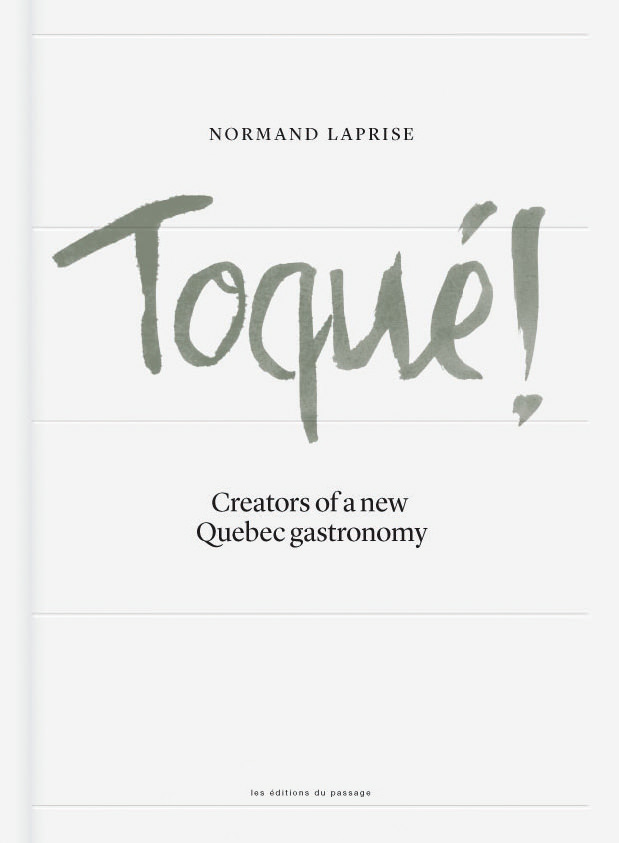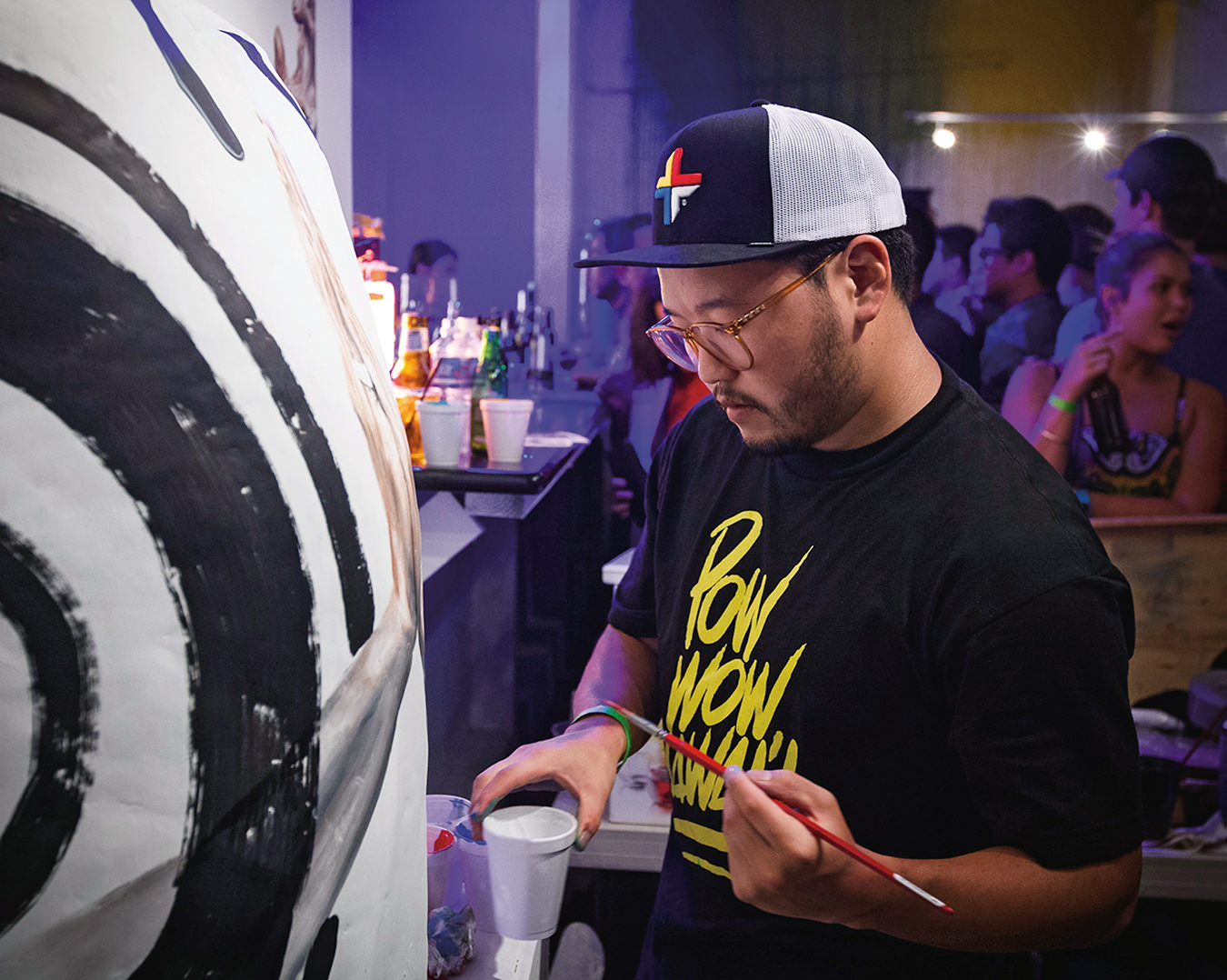The Writings Of David Rotenberg
People and passions.
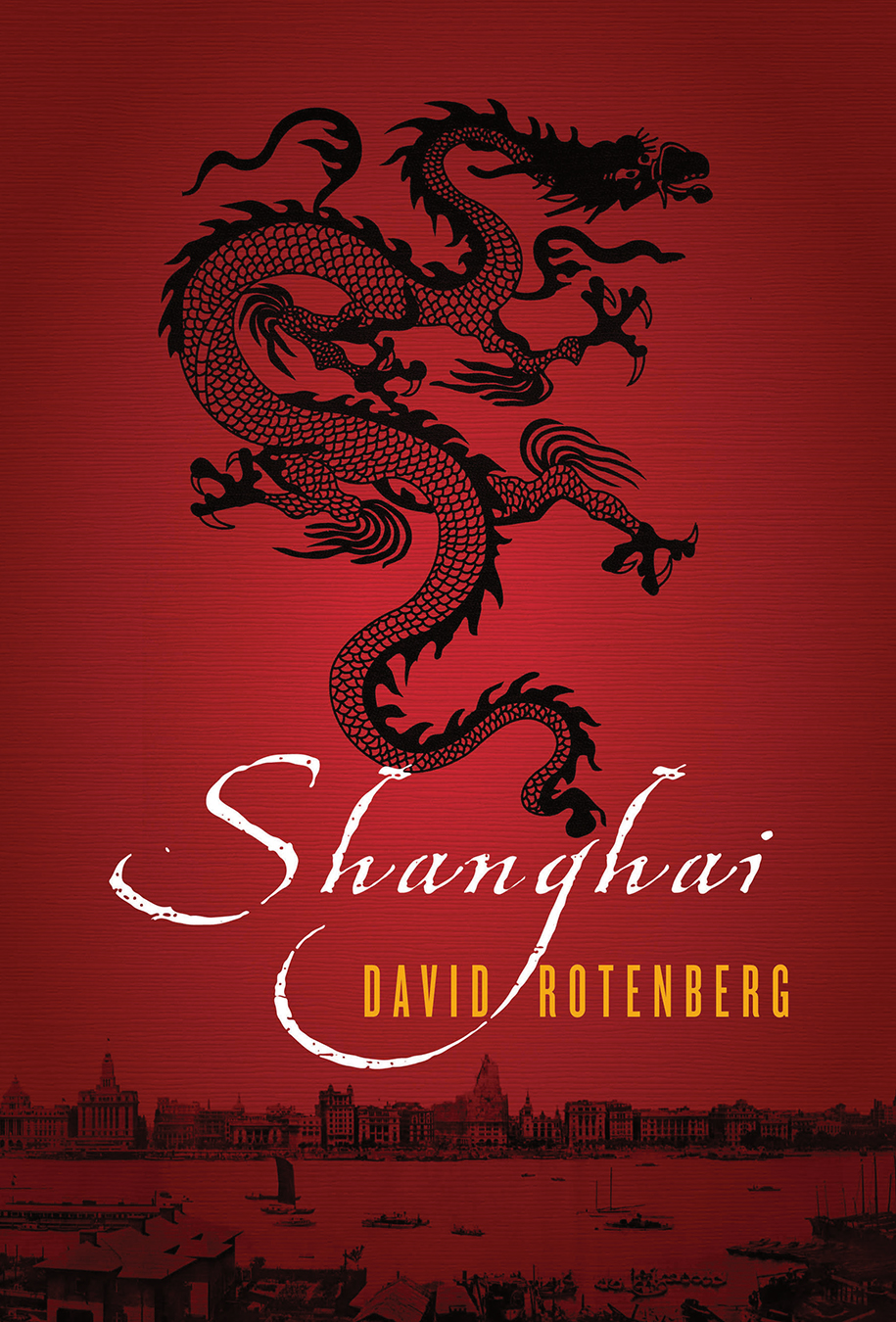
It’s amazing what you can come up with after spending 10 weeks in a foreign culture, unable to speak the language, keeping your eyes wide open and soaking up sights and sounds. If you have a ready imagination, that is. Which David Rotenberg surely has.
Theatre is his domain, primarily as a director, although in recent years he has taken to writing, exhibiting a natural talent and skill set that makes his work read like that of a decades-long veteran of the craft. Rotenberg, Torontonian, good academic credentials: degrees from the University of Toronto, an MFA in directing from Yale School of Drama. Then young enough to heed the timeless call and head out west.
In British Columbia, he set up the acting program at Simon Fraser University and taught there. Then he travelled south; 10 years in New York, with lots of freelance directing, plenty of regional theatre, and two Broadway shows. In 1987, he got a call from York University to head up the graduate acting program there.
Standard stuff so far, not all that amazing. Yet. He pretty much expected to resume his directing career in his hometown, something he could probably have done in his sleep, but he got a rude awakening. “I was effectively shunned,” he recalls. The powers that be (or at least, were) basically told him to forget directing in Canada.
Jump to 2003, when he started Canada’s most successful actor training program, the Professional Actors Lab, which he still runs, with nearly 200 actors per term. “And our people work!” he emphasizes.
But there was no directing work. Rotenberg couldn’t figure out why he was shunned. I prod, put words in his mouth: “Maybe it’s sort of the Ignatieff syndrome?”
“Might have been,” he says wryly. “Perhaps if I’d gone to, let’s say, Czechoslovakia to work, I’d have come home hailed as a hero. But that Broadway stint seemed to rankle those who were handing out directing jobs here.”
It was 1995 when Rotenberg got the call from the People’s Republic of China. Was he interested in directing the first Canadian play to be produced in China? At the Shanghai Theatre Academy? In Mandarin? Sure, he said, thinking perhaps Shakespeare, a classic, one of the modern masters.
Or not.
The play was to be by Ryga. As in George Ryga, iconic Canadian author and playwright, who’d cast a turbulent tale of a troubled aboriginal woman and her struggles in and with the city, called The Ecstasy of Rita Joe. “Apparently, Ryga’s play was the only Canadian play they had at hand in translation,” says Rotenberg. “They wanted a Canadian director with varied skills and solid street creds, and someone who could work with students.” Eventually Rita Joe came together, despite language and cultural differences.
“It was an experience in and of itself,” he says. “But it introduced me to Shanghai.”
That experience led to his career writing fiction, which is his preferred profession, at the moment. And he has the bookshelf to substantiate it: six books now, all set in Shanghai.
His first five novels are mysteries featuring the detective Zhong Fong. First was The Shanghai Murders, in 1998; followed by The Lake Ching Murders, The Hua Shan Hospital Murders, and The Hamlet Murders, all within three years, from 2000 to 2003; and finally The Golden Mountain Murders, in 2005. There probably won’t be any more in the Zhong Fong series (although part of one is in the works); Rotenberg has moved on to other writings.
His recent Shanghai: The Ivory Compact, released in 2008, is an epic, a massive, fascinating, and powerful book that spans genres, maybe confounds them. There are inevitable comparisons with the blockbusters of James Clavell and James Michener. He’ll sit still for the Clavell, not so fussy about the Michener.
It was Penguin Canada publisher David Davidar who suggested something bigger than the mysteries. Maybe Rotenberg could do for and with Shanghai what Clavell did with Hong Kong. After all, Rotenberg had visited Shanghai. (Once, for all of 10 weeks.) He possesses a prodigious memory for atmosphere and place, and good research skills. And a remarkable story-telling ability.
Is it fiction? Yes. Is it fact? That, too. Mostly it’s Rotenberg, his own blend of “counterfactual narrative”. Shanghai encompasses the history of the city from mid-19th century (with a fictional look back much farther) to the rise of Mao’s communists in the mid-20th century. It chronicles the Opium Wars, the foreign concessions within the city, ancient history, and modern warfare.
What makes Shanghai so readable and well paced is the unique mix Rotenberg throws into the ring: grace, style, sensitivity, anger, questions—particularly, questions of religious ritual. The Jonathan Swift quote that starts the book states it adroitly: “We have just enough religion to make us hate, but not enough to make us love one another.”
And so the story comes out dreamy and hallucinatory, mysterious and mystical, spiritual and ghostly; comic at times, from lyrical subtlety to total slapstick. Shanghai is heart-pounding and brutal. It puts you right into the thick of the city, its people, its passions.

